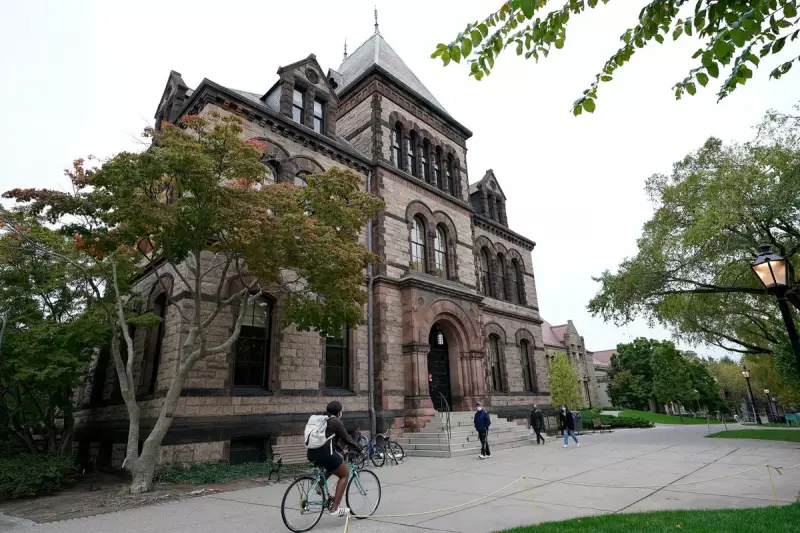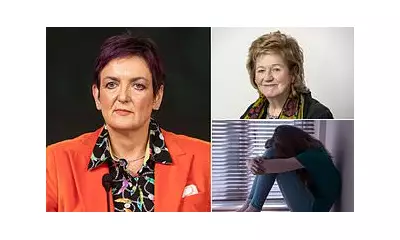
The presidents of three prestigious American universities faced intense questioning from US lawmakers during a congressional hearing examining their institutions' response to rising antisemitism on campus.
Claudine Gay of Harvard University, Sally Kornbluth of the Massachusetts Institute of Technology (MIT), and Elizabeth Magill of the University of Pennsylvania appeared before the House Committee on Education and the Workforce in Washington DC. The hearing came amid growing concerns about campus safety and free speech boundaries following the 7th October Hamas attacks on Israel.
Contentious Exchange Over Free Speech Boundaries
During the five-hour session, Republican representative Elise Stefanik pressed the university leaders on whether calling for the genocide of Jews would violate their institutions' codes of conduct. The responses varied, with some presidents stating it would depend on the context and conduct rather than the speech alone.
This line of questioning sparked significant controversy, with critics arguing that any call for genocide should be unequivocally condemned, while free speech advocates noted the complexity of balancing First Amendment rights with campus safety.
Growing Pressure on Elite Institutions
The hearing reflects mounting political pressure on elite American universities, particularly those in the Ivy League, to address allegations of inadequate response to antisemitic incidents. Several wealthy donors have already withdrawn financial support from these institutions, citing concerns about their handling of these sensitive issues.
Representative Virginia Foxx, chair of the committee, opened the proceedings by stating: "We've seen countless examples of antisemitic demonstrations on campuses where Jewish students have been targeted, harassed, and assaulted."
University Defences and Ongoing Challenges
The university presidents defended their records, highlighting various measures taken to combat antisemitism while maintaining free expression principles. They pointed to increased security, educational programmes, and disciplinary actions against violators of conduct policies.
However, the institutions continue to face criticism from both sides of the political spectrum, with some arguing they haven't done enough to protect Jewish students, while others worry about potential restrictions on legitimate political speech regarding the Israeli-Palestinian conflict.
The outcome of this hearing is likely to influence how universities across the United States approach similar challenges in the future, balancing safety concerns with academic freedom principles.





